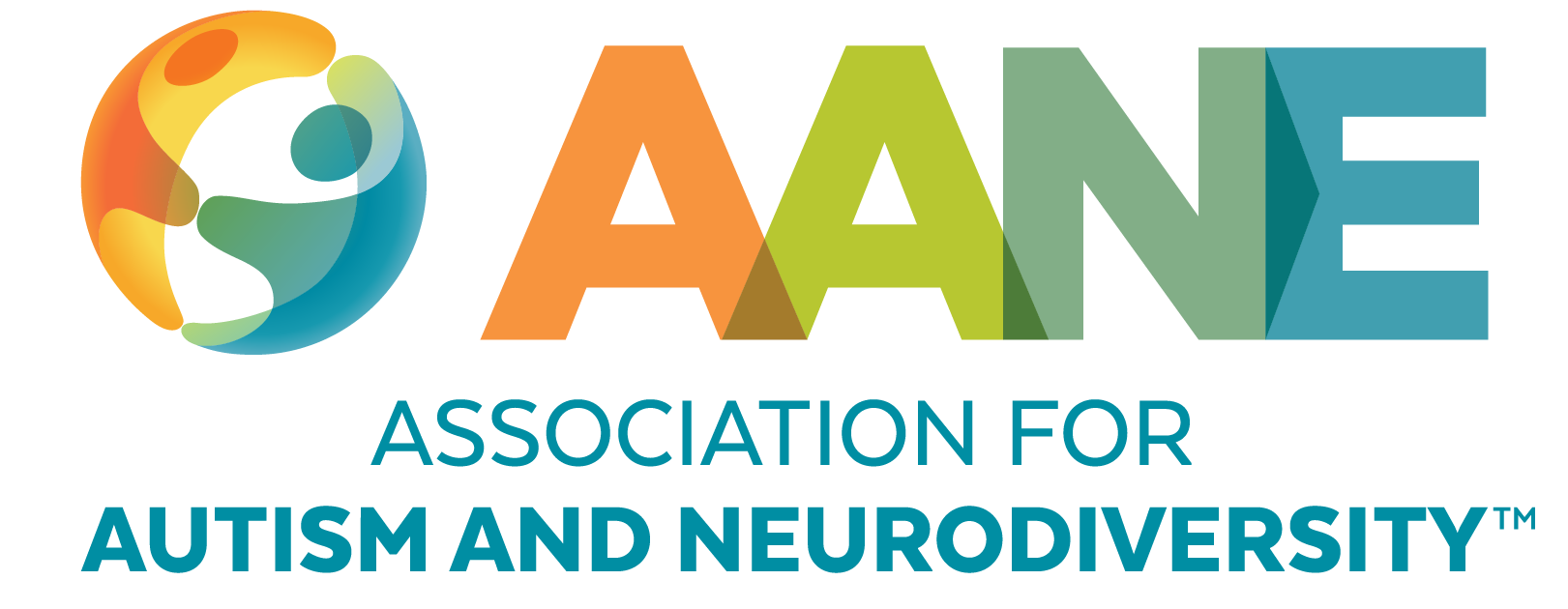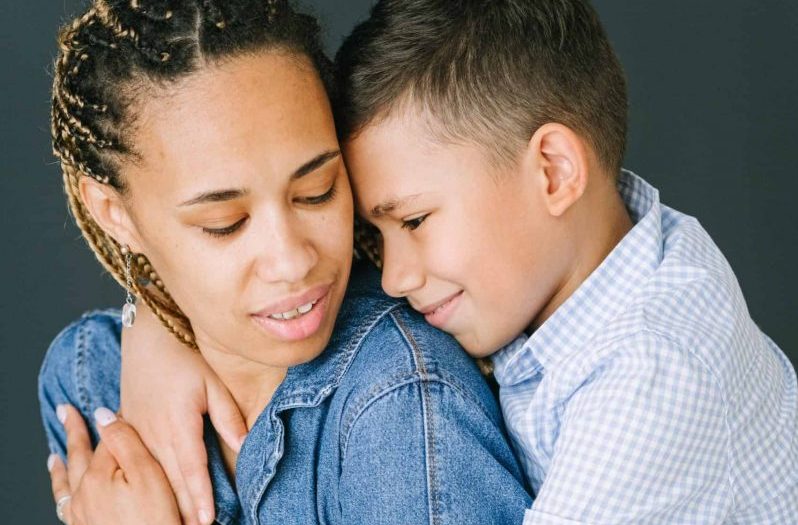
Disclosure Choices
About the Author
Brenda Dater, MSW, MPH, is the executive director at AANE and the author of Parenting Without Panic. Brenda is a mom of three, and her eldest is an Autistic transgender woman. Brenda has facilitated parent support groups for over 20 years and thoroughly enjoys creating an environment where parents can find the support, information, and the community they need.

Disclosing an autism diagnosis can increase the likelihood that an Autistic person will get the accommodations they may need. It can also be a powerful tool to minimize or eliminate the common practice of masking to camouflage Autistic traits. Disclosure can be very freeing – paving the way for you to be your authentic self. And yet, sometimes disclosure is also complicated and can elicit unexpected responses.
Disclosure in our family
I remember the day 16 years ago when we told our daughter, Rachel, about her autism diagnosis. For years we had been talking about how everyone in our family had things that came easily to us and things that were harder where we needed help. When it was time to give her particular mix of challenges and strengths the name autism, she was excited to learn that there were thousands of people who shared a lot of those same traits.
The next day she went to school and told her entire class that she was Autistic. The other 10-year-olds didn’t know what to do with that information. But it did make her feel proud of her Autistic identity and much less concerned about appearing neurotypical. I was thrilled that my daughter felt positively about her diagnosis and wanted to share it with others. But her disclosing in that way didn’t help them understand who she was, what she needed, or how they could help.
After that experience, Rachel’s teachers suggested creating an autism presentation for her to share with the class. In Rachel’s talk, she told them what her autism looked like. She shared what she enjoyed and was easy for her, like learning facts about topics she was interested in, or playing complicated board and card games. She also shared what things were harder for her, like understanding how to join a game at recess or handwriting, which made it necessary for her to type her assignments. She also shared what her classmates could do to be helpful, like not crowding her when they needed to line up for lunch. At the end of the presentation, one of her classmates said, “Now I know why you always get to use the class computer. Thanks for telling us.”
No one-size-fits-all approach
This approach to disclosure helped Rachel feel positive about being Autistic. That in turn made it easier to share that news with others because she didn’t feel any internalized stigma or wish she wasn’t Autistic. But what disclosure looks like and what information she shares has changed throughout the years.
Sometimes disclosure is telling a potential employer that she is Autistic and is able to listen and focus better by not making a lot of direct eye contact. Sometimes it is explaining that she has noise canceling earbuds in because ambient noise quickly overstimulates her.
Other times, Rachel prefers to keep her autism diagnosis private – not because she is ashamed of being Autistic, but rather because she feels very strongly that other people may need help or support more than she does at that moment. At times, she has decided not to disclose because she is concerned she will make things harder for someone else.
When we are not in the middle of these situations, we remind her that she does not need to suffer in silence because she needs a different level of support than someone else. The cumulative toll of minimizing her own needs can increase her anxiety and depression, so we remind her that it is ok to advocate for what she needs too.
You can’t control how others will respond
Knowing when and how to share information about oneself can be challenging to figure out. You might wonder if the people you are disclosing to will believe you and be affirming. I remember the story an Autistic woman told me about her experience disclosing to her grandmother. Her hope was that this relative would better understand why she didn’t stay at large family get togethers for very long. Her relative’s response was, “You’re not Autistic. You have a job. You have a boyfriend. You could stay if you really wanted to.”
It’s helpful to have short statements you can share if people are not supportive when you disclose to them. Consider, “That’s not helpful to me.” Or, “What you’ve said doesn’t align with my experience.” You are not responsible for how people respond, so do your best to remember they are just one person, and others may have a more positive, affirming reaction to your news.
When you are on the receiving end of disclosure
If someone discloses that they are Autistic to you, be supportive and respectful. Ask how you can be helpful and where you could learn more about autism (hint, contact AANE). This is a vulnerable moment for the person disclosing. You have the power to make them feel heard or dismissed.
The choice is yours
And of course, if you are Autistic and wondering if you should disclose in a situation where it feels emotionally unsafe to do so, please know that the choice to share this information is completely up to you. Seek the advice from someone you trust or reach out to AANE if you’d like help figuring out when and how to disclose information about yourself to others. In the right circumstances, disclosure can be liberating and empowering – freeing you up to be your authentic self.
Stay Current
Subscribe for AANE weekly emails, monthly news, updates, and more!






